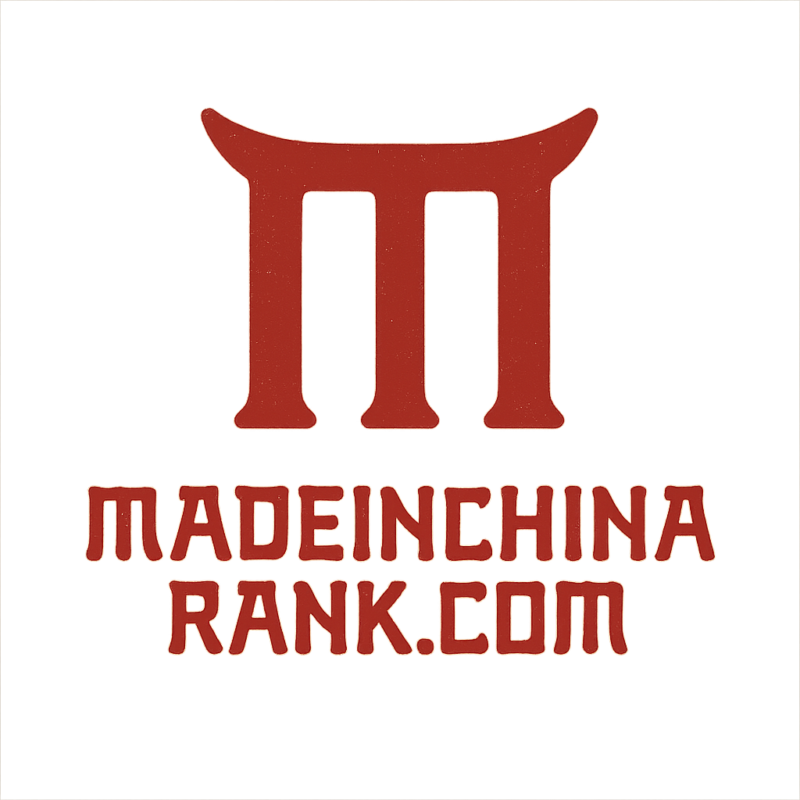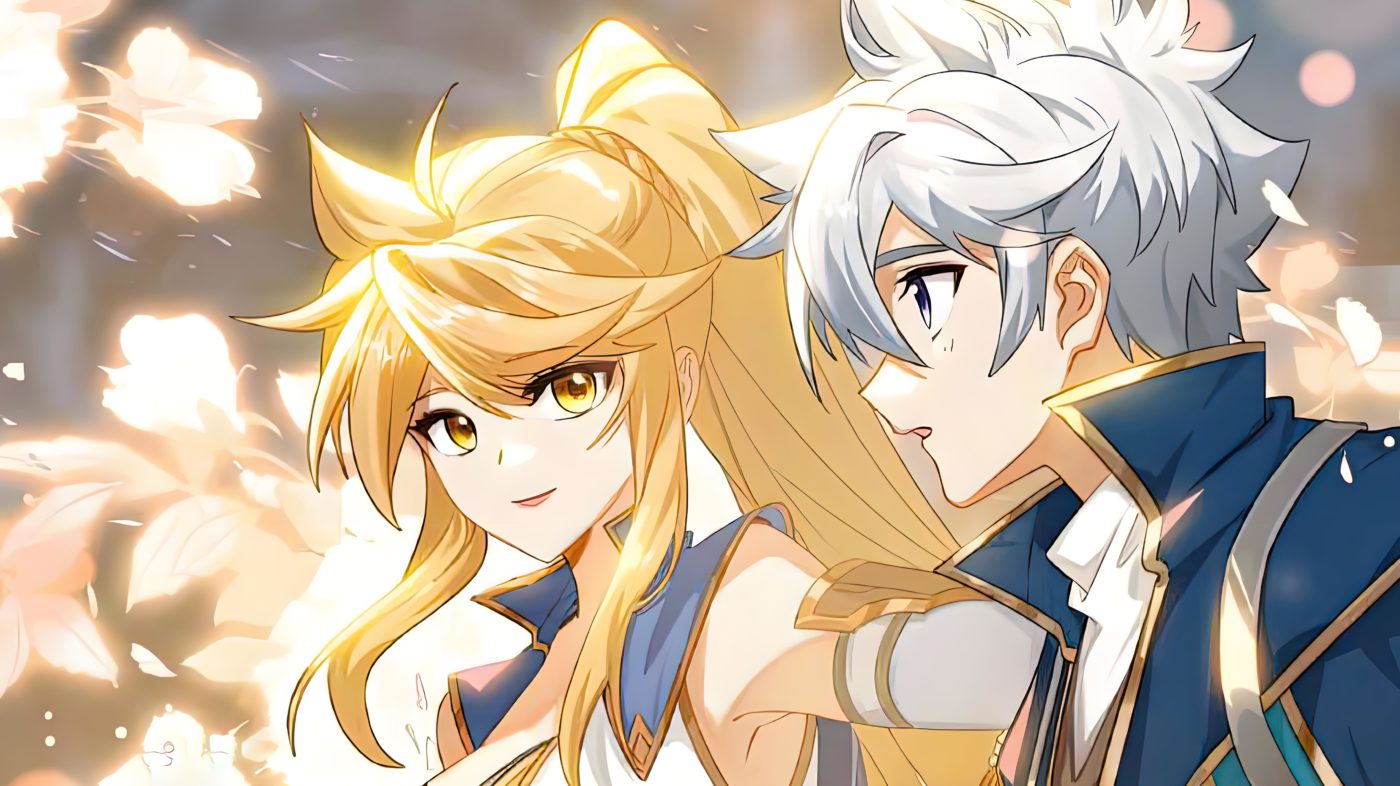The realm of fantasy literature perpetually seeks the ultimate expression of power, destiny, and the intricate dance between the individual and the cosmos. Within this grand tradition emerges a compelling archetype: The King of Everything. This figure transcends the boundaries of mere monarchy; they embody the living nexus of existence itself, a sovereign whose throne rests not upon mere land but upon the fundamental pillars of reality – time, space, life, magic, and the inexorable currents of destiny. Their story is never simply one of conquest or rule; it is a cosmological epic, a profound exploration of burden, purpose, and the terrifying, exhilarating weight of ultimate authority woven into the very fabric of being. This archetype offers a uniquely potent lens through which to examine the ultimate questions of existence, free will, and the nature of creation, demanding narratives of unparalleled scope and philosophical depth.
I. The Architecture of Omnipotence: Crafting the King’s Domain
To comprehend the magnitude of the King of Everything, one must first understand the staggering scale and intricate nature of their domain. This is not a kingdom with mapped borders, but an infinitely complex multiverse.
- The Cosmological Weave: Imagine existence not as a single tapestry, but as countless overlapping, interpenetrating fabrics, each thread representing a distinct reality, timeline, or elemental plane. The King perceives, touches, and potentially commands them all. His palace might exist simultaneously at the convergence point of these dimensions, a structure defying Euclidean geometry, where hallways fold into stars and libraries contain the genetic blueprints of extinct species alongside the birth-cries of nascent galaxies. The very stones hum with primordial energy, and the air shimmers with the potential of unrealized possibilities. This realm is less a location and more a manifested concept – Order, perhaps, or the Will to Be.
- The Mechanisms of Rule: Governance here is an ontological endeavor. The King’s decrees aren’t written on parchment but etched into the substratum of natural law. A shift in his mood might subtly alter gravitational constants in a distant nebula; a moment of focused will could birth a new species of sentient crystal on a forgotten world. His advisors are likely embodiments of essential forces – a sentient river representing Time’s flow, a construct of pure logic symbolizing Cosmic Balance, perhaps a trickster spirit embodying the Necessary Chaos that fuels creation. Maintaining equilibrium isn’t about tax policies, but about preventing the entropic unraveling of realities or the catastrophic collision of incompatible physical laws. His awareness is a constant, crushing pressure, a flood of data encompassing every rustling leaf, every dying star, every whispered thought across infinite worlds.
II. The Mortal Crowned with Infinity: The Burden of Ultimate Sovereignty
The profound fascination with this archetype lies not merely in the scope of power, but in the inescapable paradox at its heart: the imposition of such boundless responsibility upon a consciousness that, at its core, often retains echoes of its mortal origins or relatable psychology. This is the crucible of the narrative.
- The Weight of Perception: To see everything is to witness ceaseless creation and destruction on a scale unimaginable. The King endures the constant spectacle of a million tragedies and a million joys unfolding simultaneously across the multiverse. Does this infinite perspective breed cosmic indifference, a necessary detachment to function? Or does it induce a paralyzing empathy, a soul-deep agony at the relentless cycle of suffering he perceives yet cannot personally alleviate for every single entity? The burden isn’t just administrative; it is existential and psychological, a relentless assault on the very notion of individual concern. Can a mind forged in finite experience truly comprehend, let alone healthily process, the infinite?
- The Isolation of the Throne: True companionship becomes an impossible dream. Who can understand the crushing weight of maintaining existence? Who can offer counsel without self-interest or awe distorting their perspective? Even the most powerful entities serve functions within the cosmic machine; they cannot share the unique torment and privilege of the ultimate perspective. The King inhabits a realm of absolute solitude, surrounded by subjects, forces, and concepts, yet fundamentally alone. This isolation breeds profound questions: Does connection necessitate shared limitation? Can the ruler of all ever truly be known, or are they forever obscured by the blinding light of their own office? The Obsidian Throne becomes a symbol of this splendid desolation.
III. Destiny’s Loom: Free Will vs. The Inevitable Pattern
The concept of destiny takes on terrifying, tangible dimensions when the King of Everything is involved. Is the King the master weaver of fate, the helpless instrument of a pre-ordained cosmic design, or something terrifyingly in between?
- The Architect or the Artifact? Does the King consciously shape the grand narrative of existence, steering universes towards chosen ends with deliberate intent? Or is he merely the conduit through which an impersonal, perhaps even unconscious, Destiny manifests? His very presence might impose a structural necessity on reality, making certain outcomes inevitable simply because he exists as its anchor point. This raises agonizing questions about agency: If every action, every decision across all realities ultimately feeds into patterns he perceives or controls, does genuine free will exist for anyone, including the King himself? Is his own path the ultimate expression of freedom, or the ultimate prison of predetermined function?
- The Peril of Prophecy: Prophecies within this King’s domain are not mere predictions; they are architectural stresses, potential fault lines in the fabric of reality. A prophesied savior’s rise on a backwater planet might be a necessary counterweight to an impending entropic cascade in another dimension. The King might nurture such prophecies or seek to avert them, not out of caprice, but out of the dire necessity of maintaining universal balance. Conversely, a prophecy foretelling the King’s downfall becomes a metaphysical threat, a potential unraveling point for all that is. Does knowing such a prophecy bind him to its fulfillment, or grant him the unique power to defy it, potentially at catastrophic cost? The manipulation and navigation of destiny becomes his most critical and dangerous duty.
IV. The Fragile God: Vulnerability Within Omnipotence
Paradoxically, the King of Everything is rarely depicted as invulnerable. His power is vast beyond measure, yet threats emerge from the very nature of his existence, rendering him a figure of profound fragility.
- Internal Fractures: The psychological toll of omnipresence and ultimate responsibility is a constant vulnerability. Despair, madness born from infinite input, crippling ennui, or a yearning for the simplicity of non-existence – these are not mere character flaws, but existential hazards. If the King’s will falters, reality itself might fray at the edges. His internal struggles are cosmic events. Furthermore, the potential for corruption is immense. The temptation to reshape realities according to personal grief, desire, or a warped sense of perfection, abandoning the dispassionate balance required of the office, is an ever-present shadow. Absolute power doesn’t corrupt; it risks cosmic annihilation if wielded without absolute, unwavering commitment to an ideal beyond the self.
- External Paradoxes: Threats can arise from conceptual antitheses or existential anomalies. An entity embodying Absolute Nothingness, a force from outside the multiverse the King embodies, a rebellion sparked by beings who reject the very structure of his ordered existence, or a flaw in the fundamental axioms upon which his reality is built – these are challenges that cannot be met with mere force. They require ontological warfare, battles fought on the level of ideas and primal truths. The King’s greatest enemy might be the inherent instability of the infinite complexity he governs, or perhaps the inevitable heat death of all possibilities, a decay he can slow but perhaps not ultimately prevent. His power is absolute within his domain, but the domain itself may have inherent, insurmountable limits or contradictions.
V. Symbolism Woven in Starlight: Motifs of the Cosmic Sovereign
The narrative of the King of Everything is rich with potent symbols that transcend mere description, becoming fundamental expressions of the core themes:
- The Throne: Far more than furniture, it is the axis mundi, the still point around which the multiverse turns. Crafted from neutron star matter, frozen time, or woven paradoxes, it signifies both supreme authority and inescapable confinement. Its hardness reflects the unyielding burden; its brilliance, the terrifying scope of the office. It is the anchor and the cage.
- The Tapestry: A recurring metaphor for existence itself – vast, intricate, beautiful, and perpetually being woven. The King might be depicted as the master weaver, but the threads could be the lives of mortals, the strands of fate, or the laws of physics. Seeing a single thread snap (a death, a disaster) is insignificant; seeing a whole section unravel (a reality decaying) requires intervention. The tapestry symbolizes the interconnectedness of all things under his purview and the delicate balance he must perpetually maintain. Its patterns are the visible manifestations of destiny’s grand design, perhaps only fully comprehensible to him.
- The Crown: This is no mere circle of gold. It might be a constellation bound to his will, a corona of raw creation energy, or a circlet of intertwined timelines. It represents the visible mark of his sovereignty, the focus of his power, and the literal weight pressing upon his brow. It could glow with the health of the realms or dim with his despair, serving as a barometer of cosmic stability. To lose or shatter the crown might not be death, but the dissolution of ordered reality.
VI. Beyond the Throne: Resonance of the Ultimate Archetype
The enduring power of the King of Everything lies in its profound resonance with fundamental human inquiries projected onto the grandest possible canvas. He embodies our deepest anxieties and aspirations concerning agency, responsibility, and our place within an often incomprehensible universe.
- Reflecting Our Anxieties: In an age of overwhelming information, global interconnectedness, and existential threats like climate change, the King’s crushing awareness and inescapable burden mirror our own feelings of individual smallness confronting vast, complex systems. His struggle with cosmic indifference versus paralyzing empathy reflects our own moral dilemmas in a world filled with suffering we cannot personally fix. He is the ultimate expression of the fear that true understanding brings not peace, but unbearable weight.
- Channeling Our Aspirations: Simultaneously, the archetype speaks to our deepest yearning for meaning and ultimate agency. The King represents the fantasy of transcending our limitations, of understanding the why behind existence, of possessing the power not just to change our world, but to shape the fundamental nature of reality itself. He embodies the hope that someone, somewhere, understands and holds the chaos at bay, providing a cosmic order and purpose we desperately seek. He is the ultimate guardian fantasy.
- The Unanswered Question: The most compelling narratives about the King of Everything rarely provide definitive answers. They leave us pondering the ultimate cost of such power. Is the burden worth it? Can consciousness truly bear infinity without breaking? Does the imposition of any singular will, however benevolent or necessary, upon the infinite multiplicity of existence fundamentally diminish it? The King, seated upon his throne of stars, gazing upon the endless tapestry, remains the ultimate enigma of sovereignty, a figure of awe, pity, and profound philosophical intrigue, his story an eternal exploration of the price and meaning of holding all of creation within one’s grasp. His reign is not a conclusion, but an ongoing, precarious dance with infinity itself, a destiny still unfolding in every shimmering thread of the grand design.

